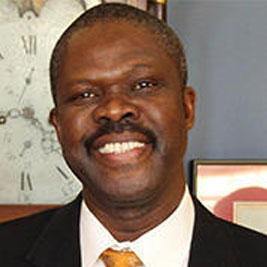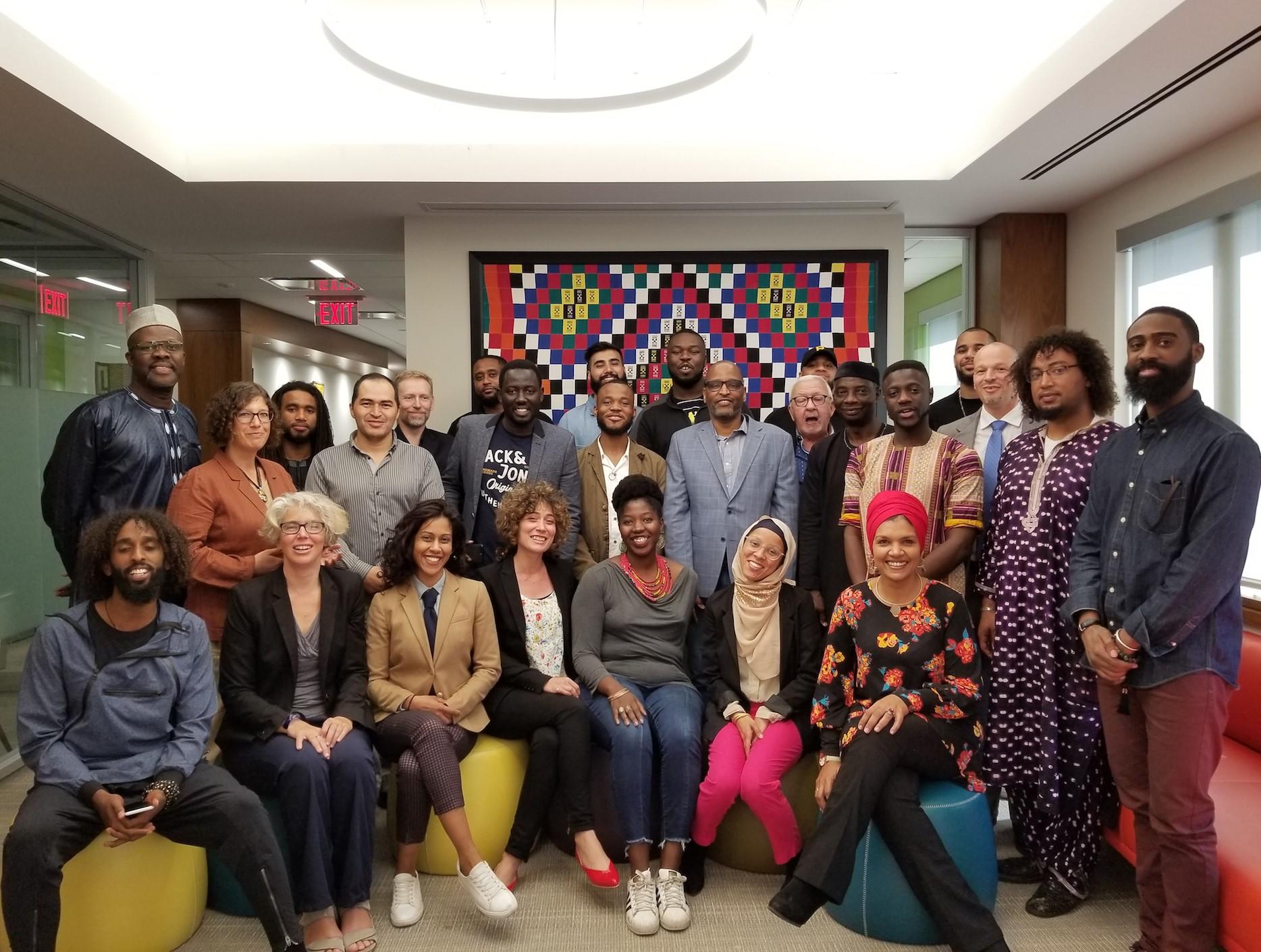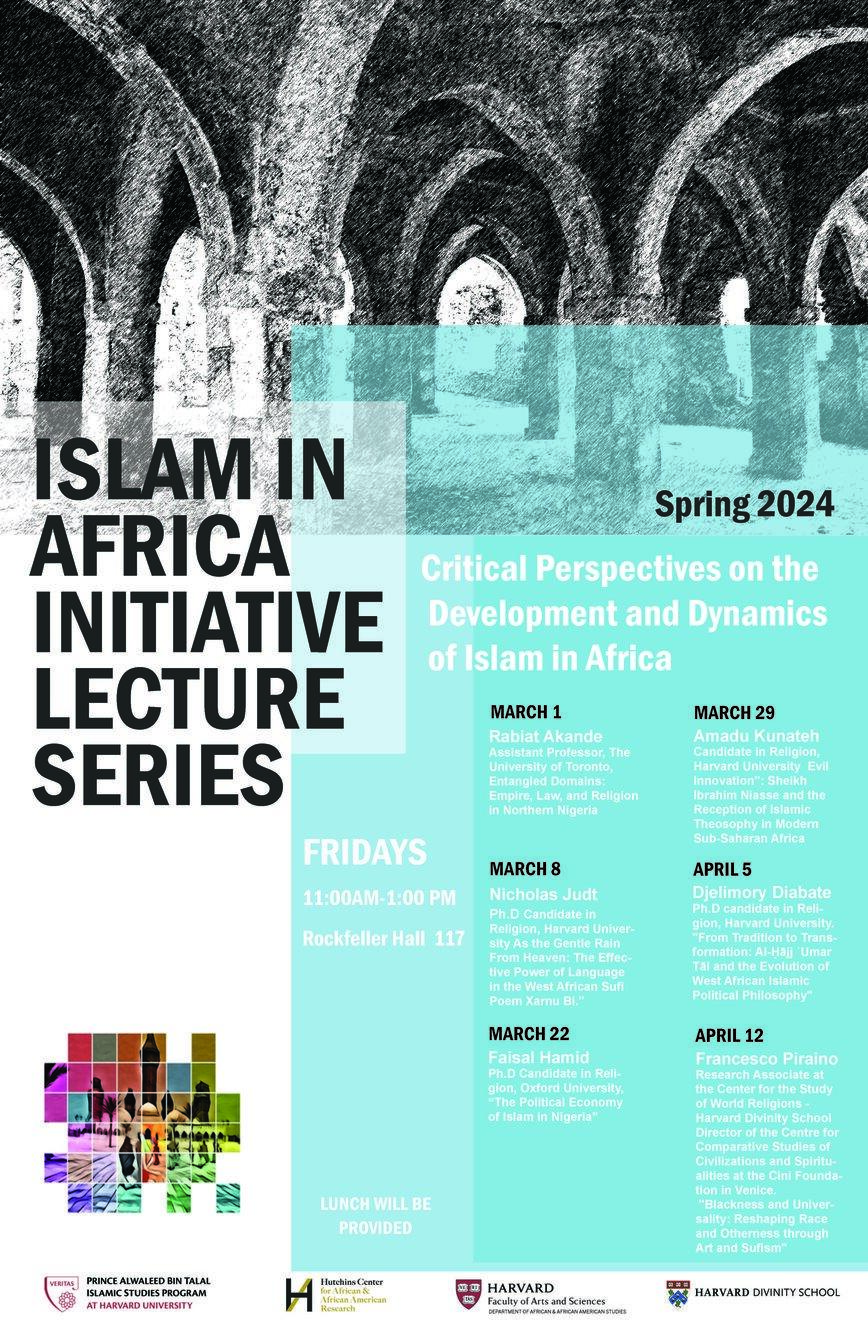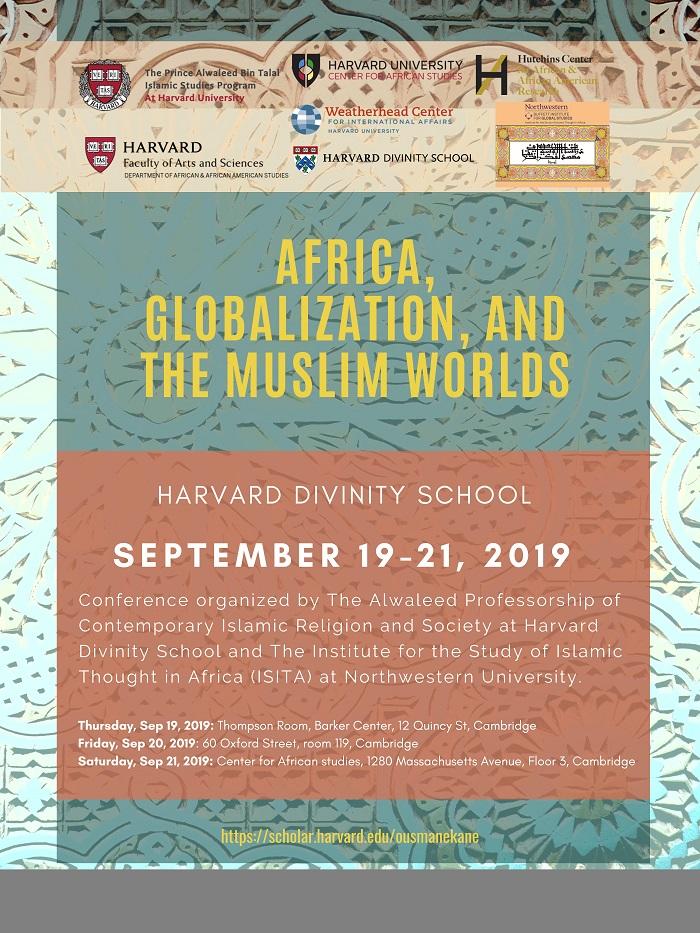Ousmane Oumar Kane. 4/8/2011.
Religion, Transnationalism, and the Integration of Senegalese Immigrants in America. Oxford University Press.
Publisher's VersionAbstractAs Senegal prepares to celebrate fifty years of independence from French colonial rule, academic and policy circles are engaged in a vigorous debate about its experience in nation building. An important aspect of this debate is the impact of globalization on Senegal, particularly the massive labor migration that began directly after independence. From Tokyo to Melbourne, from Turin to Buenos Aires, from to Paris to New York, 300,000 Senegalese immigrants are simultaneously negotiating their integration into their host society and seriously impacting the development of their homeland. This book addresses the modes of organization of transnational societies in the globalized context, and specifically the role of religion in the experience of migrant communities in Western societies. Abundant literature is available on immigrants from Latin America and Asia, but very little on Africans, especially those from French speaking countries in the United States. The book offers a case study of the growing Senegalese community in New York City. By pulling together numerous aspects (religious, ethnic, occupational, gender, generational, socio-economic, and political) of the experience of the Senegalese migrant community into an integrated analysis, linking discussion of both the homeland and host community, this book contributes to the debate about postcolonial Senegal, Muslim globalization and diaspora studies in the United States.






